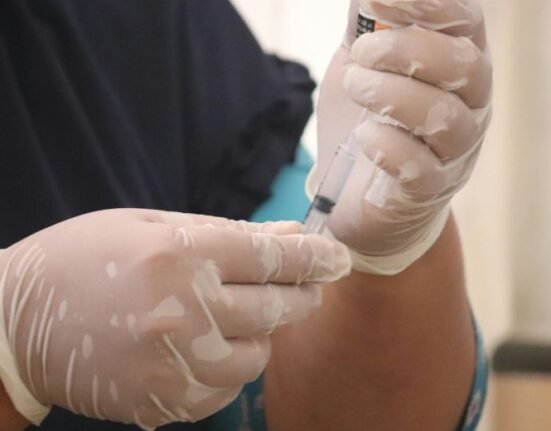HQ Team
May 19, 2025: The UK and Wellcome Trust will invest £600 million to create a new health data research service to accelerate the discovery of life-saving drugs, improve patient care and make Britain “the best place in the world” for medical research.
This will transform access to NHS data by providing a secure single access point to national-scale data sets, slashing red tape for researchers, according to a government statement.
Clinical trials will also be fast-tracked to accelerate the development of the medicines and therapies of the future. The current time to start a clinical trial will be reduced to 150 days by March 2026. In 2022, it required 250 days to begin new trials.
“This will be achieved by cutting bureaucracy and standardising contracts so time isn’t wasted on negotiating separate details across different NHS organisations, and ensuring transparency by publishing trust-level data for the first time,” according to the statement.
‘Government that steps up’
“The new era of global insecurity requires a government that steps up, not stands aside.
That is why we are going further and faster in reshaping our economy and delivering our Plan for Change,” Prime Minister Keir Starmer said.
“Life sciences, like our brilliant car industry, is a great British success story.
“The measures I am announcing today will turbo-charge medical research and deliver better patient care. I am determined to make Britain the best place in the world to invest in medical research.”
Patients will have improved access to new treatments and technologies. “We already saw the power of health data during the pandemic, and this will allow the NHS to make huge strides in patient care.”
The changes were a major boost for the life sciences sector as the government goes faster in delivering the Plan for Change, he said. “They follow important steps to support the British car industry and form part of our modern industrial strategy, which includes life sciences.” A comprehensive set of rules will be laid down later this year, he said.
Health data not compromised
Patient confidentiality will continue to be held to a gold standard with these changes, with rigorous security measures being in place, like anonymity and virtual locked rooms, to ensure no one’s health data is compromised, acccording to the statement.
The Health Data Research Service will bring access to data for medical research into one secure and easy-to-use location, meaning a researcher doesn’t have to navigate different systems or make multiple applications for information for the same project.
This improvement, which will begin from the end of 2026, will speed up the process and could set the UK on a path to cure cancer, dementia and arthritis quicker, which will improve patient outcomes and help turbocharge the economy.
It follows the recent decision to scrap NHS England to do away with unnecessary bureaucracy and make government work better for people, patients and the economy.
The new service will be housed at the Wellcome Genome Campus in Cambridgeshire, where Wellcome is building a range of new research and laboratory and office spaces to expand the current campus’s capacity for innovative genomics and biodata companies.
‘Fix broken health service’
“Our Plan for Change will unleash the unparalleled power of NHS data, catalysing our efforts to fix the broken health service,” said Health and Social Care Secretary, Wes Streeting.
“We will unblock the barriers preventing our greatest scientists from safely accessing what they need to save patients’ lives, while keeping data secure. This venture will drive vital investment into the UK and put us at the epicentre of breakthroughs in science.”
John-Arne Røttingen, Chief Executive of Wellcome, said: “The new service will give researchers a way to easily harness the data held across different parts of the NHS. The simpler it is to analyse data or identify patients to join clinical trials, the more quickly we can improve our understanding of illness and develop new treatments.”
“Providing a single, secure service for approved researchers will take away the significant overhead associated with locating, accessing and comparing disparate datasets. It will create opportunities for patients to access new treatments through trials that would otherwise have been hard to arrange or conduct.”








